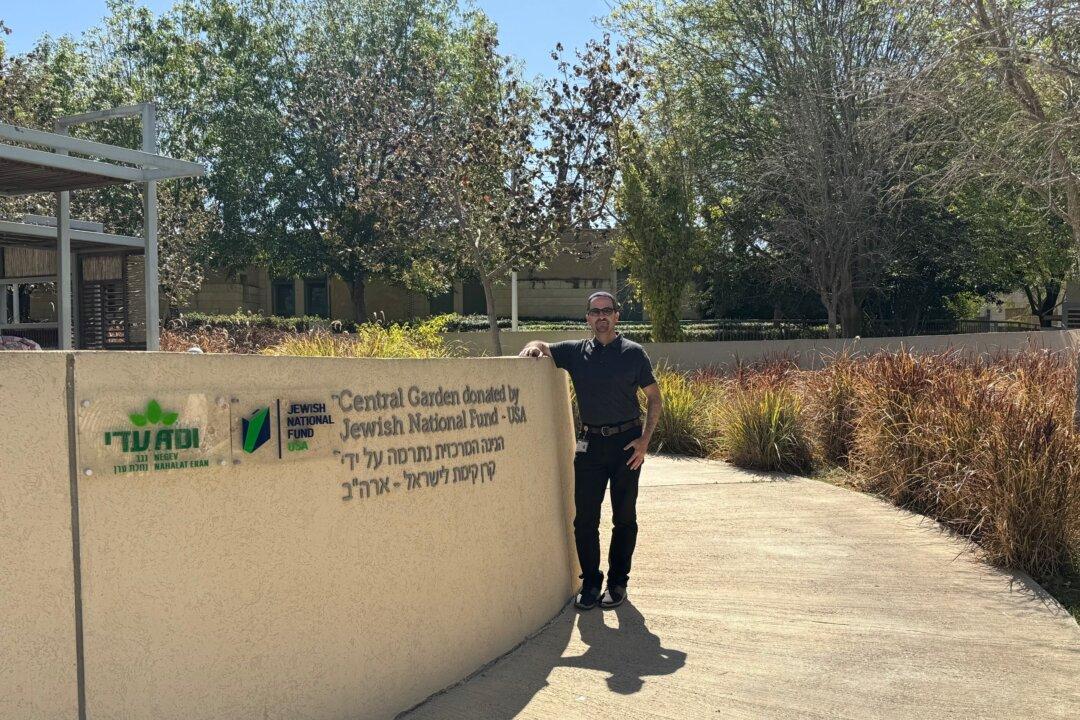OFAKIM, Israel—The only rehab center in southern Israel faced a new reality on Oct. 7, 2023, as did the entire country.
Focused on the care of the severely handicapped, it faced sudden demand for its two regular rehab wings.

OFAKIM, Israel—The only rehab center in southern Israel faced a new reality on Oct. 7, 2023, as did the entire country.
Focused on the care of the severely handicapped, it faced sudden demand for its two regular rehab wings.